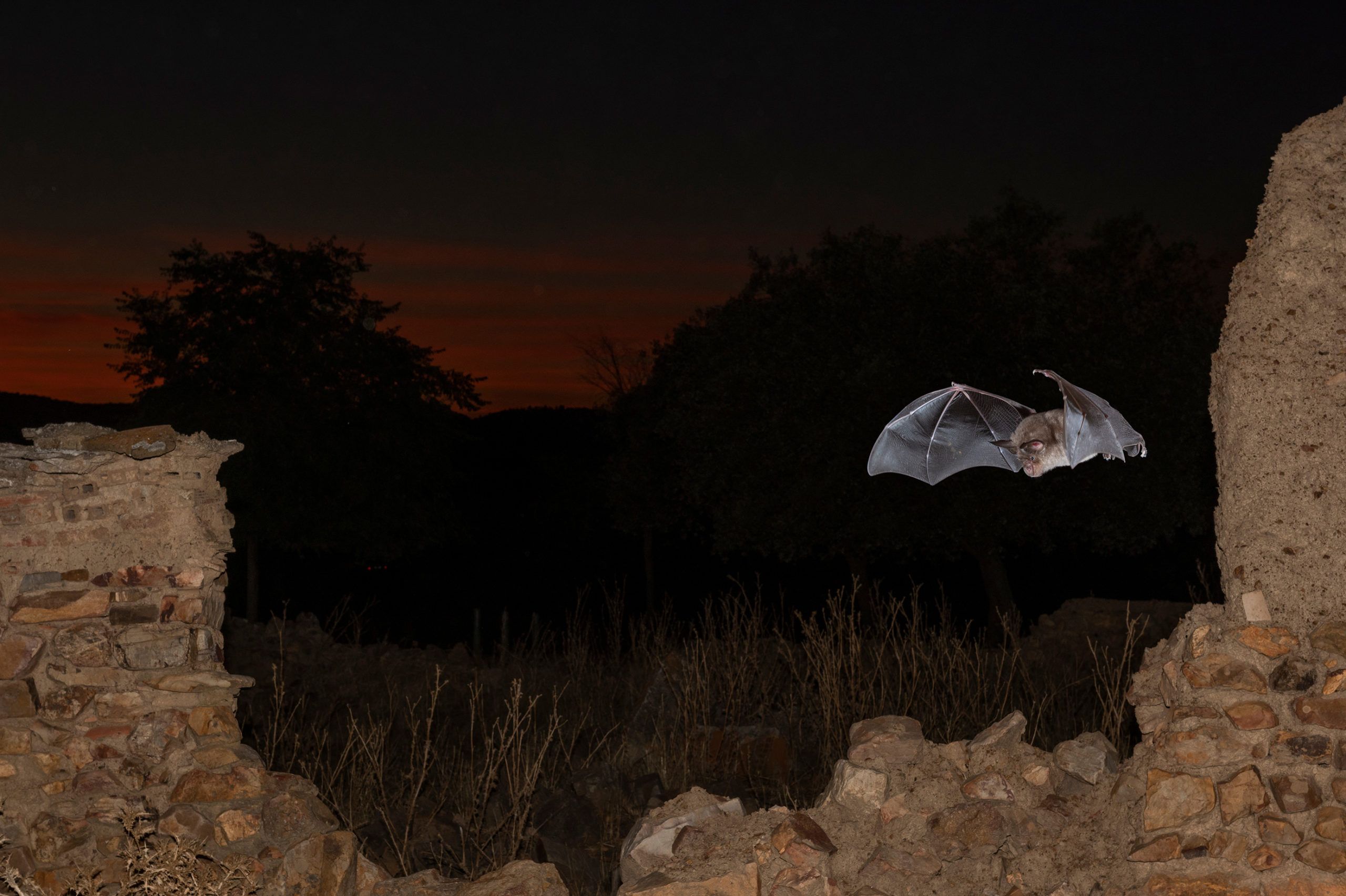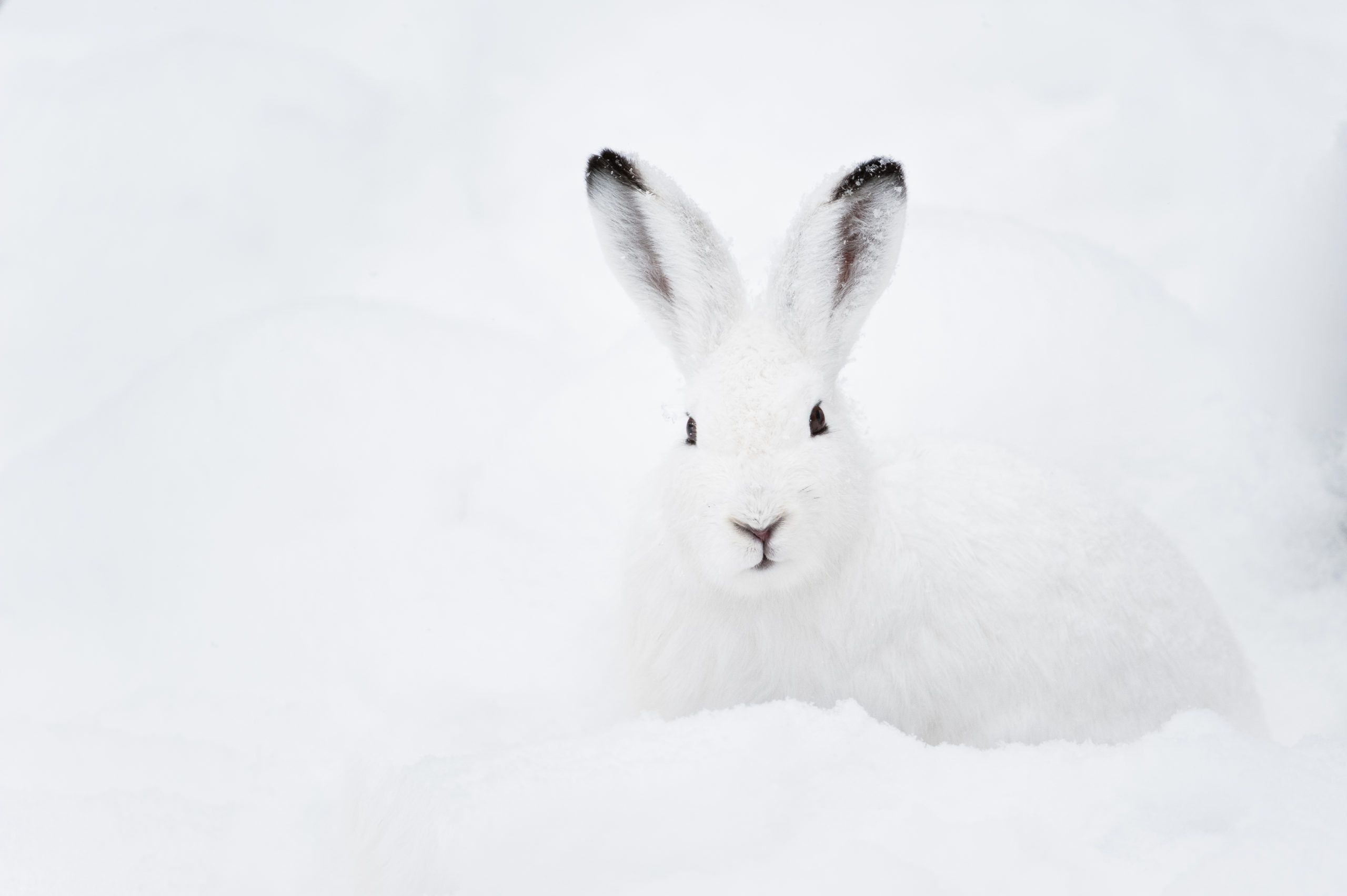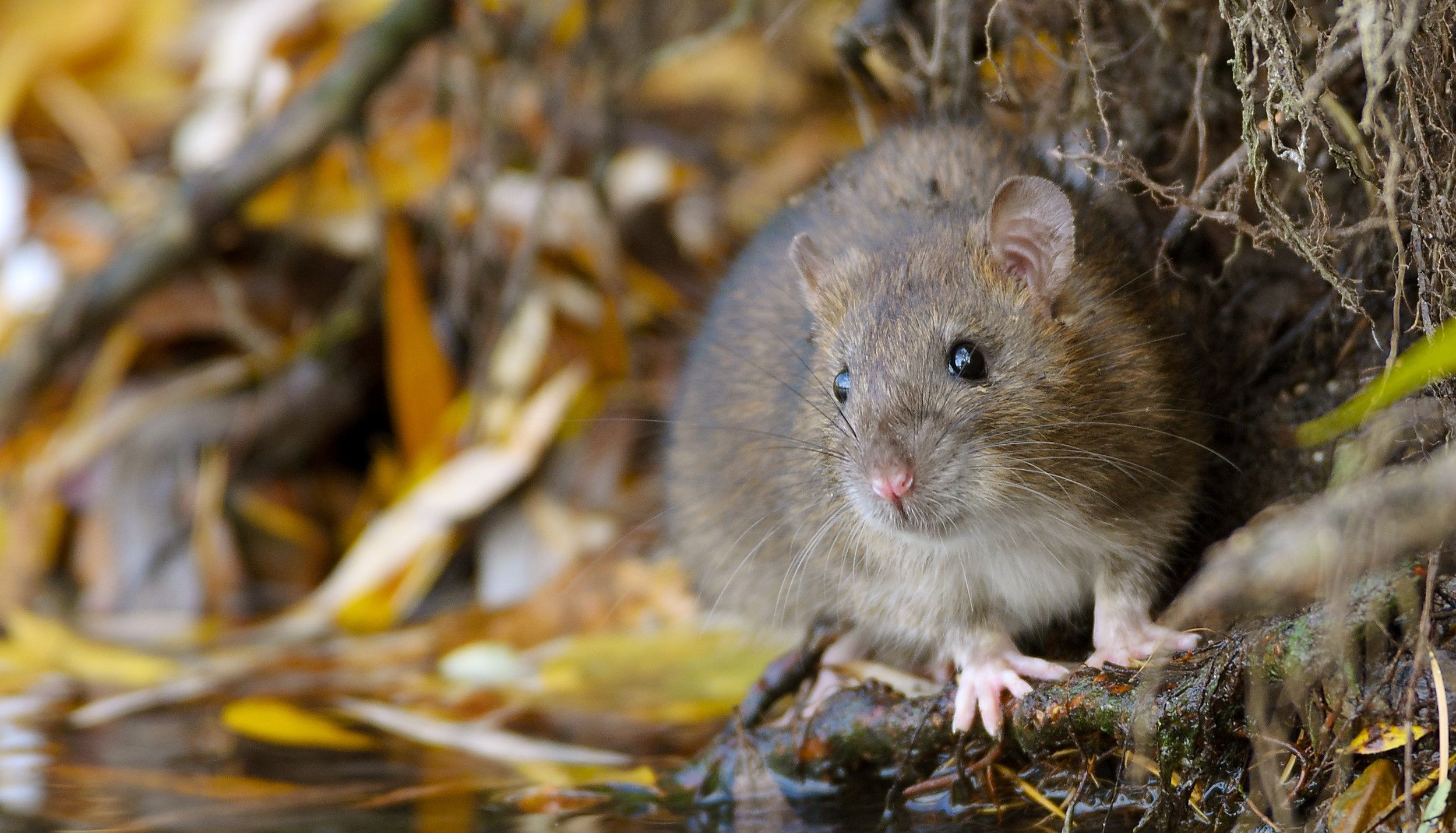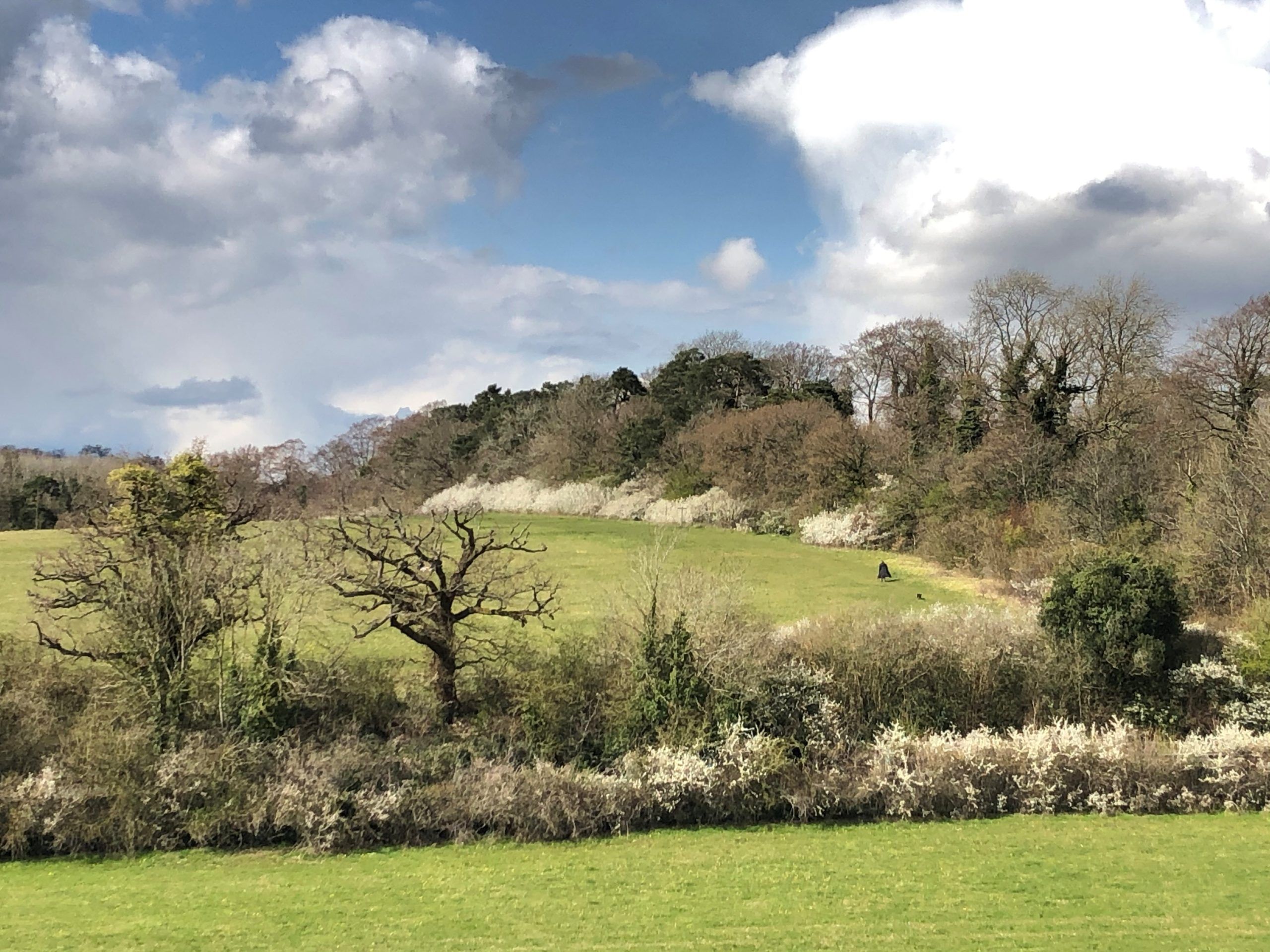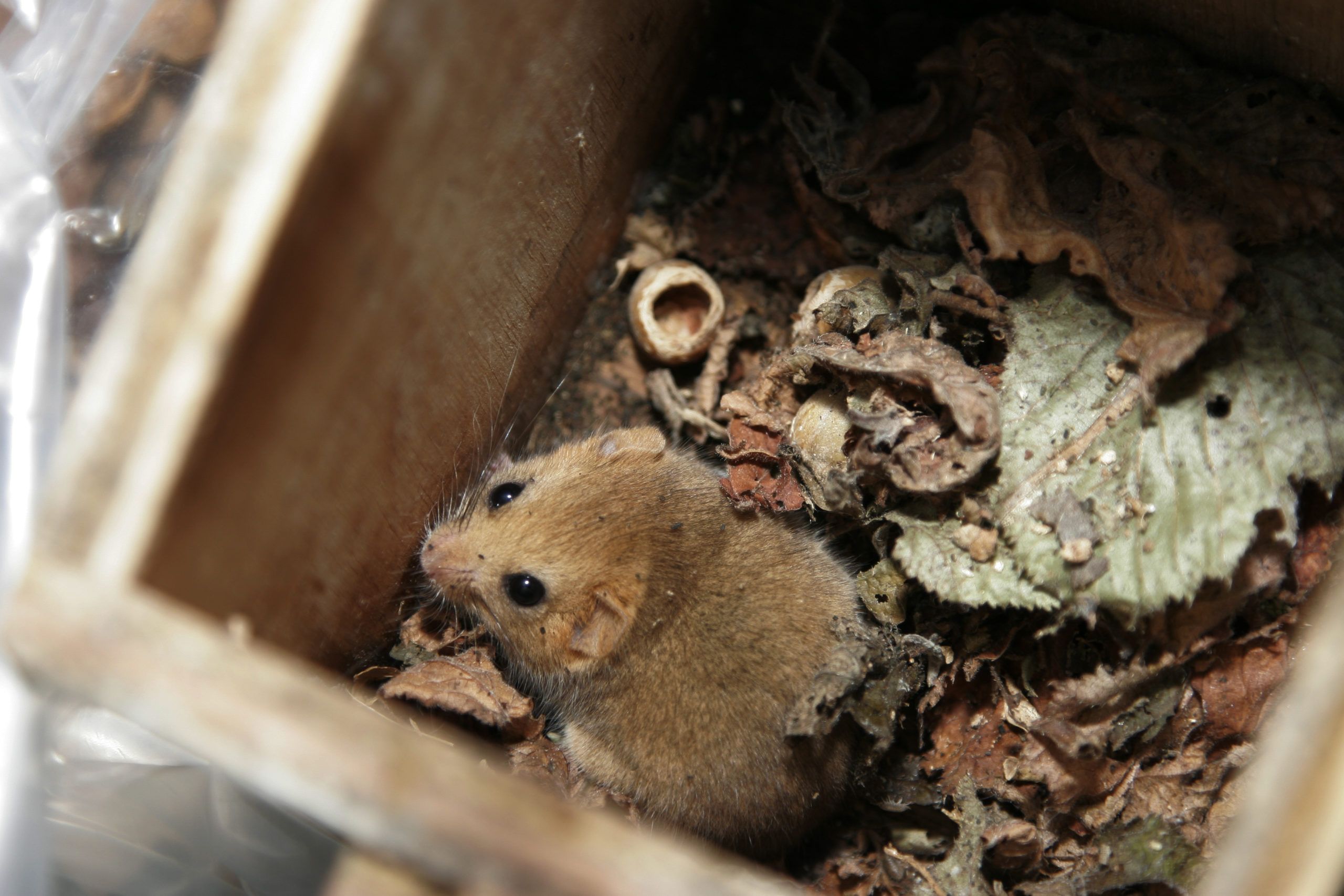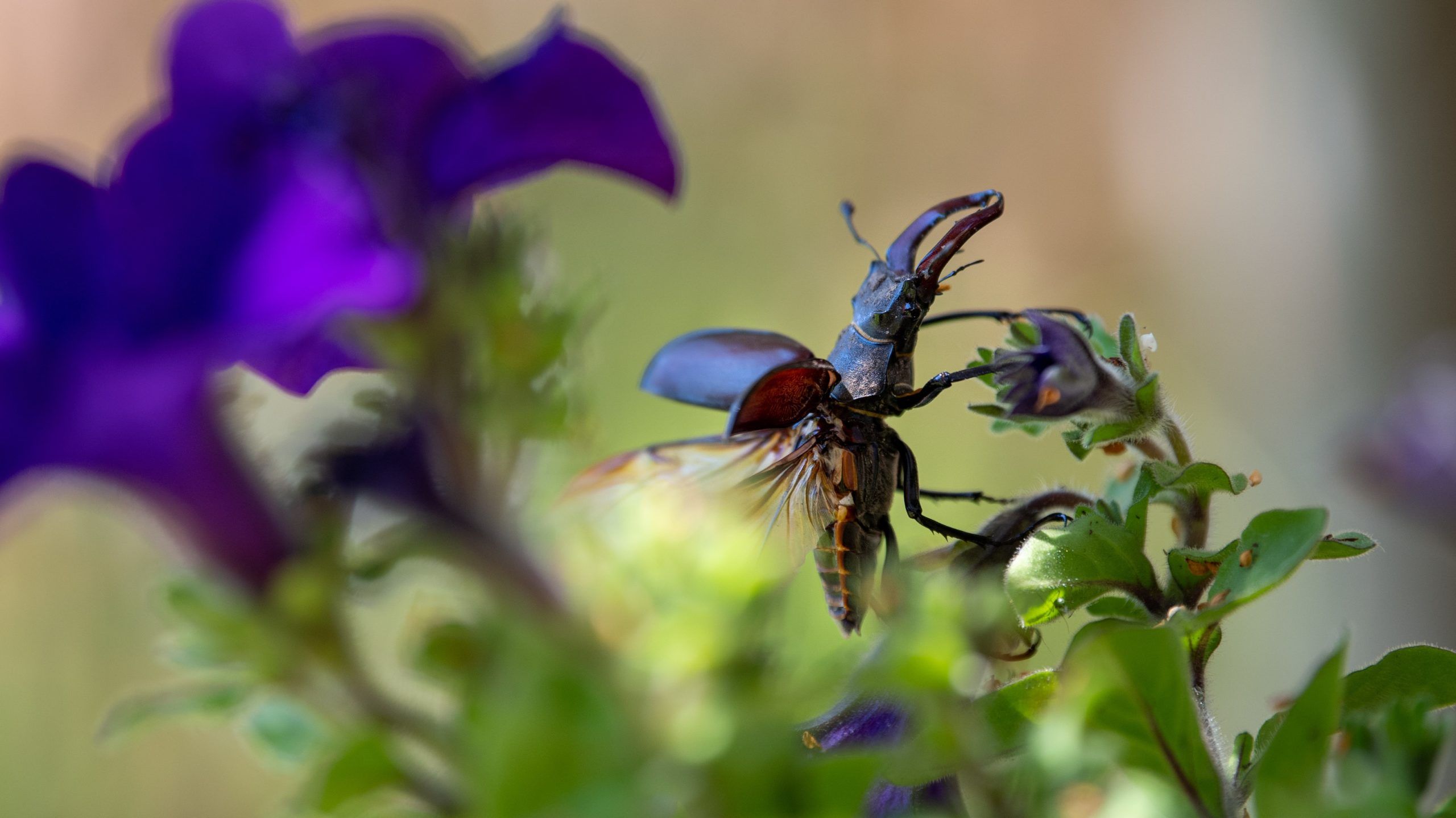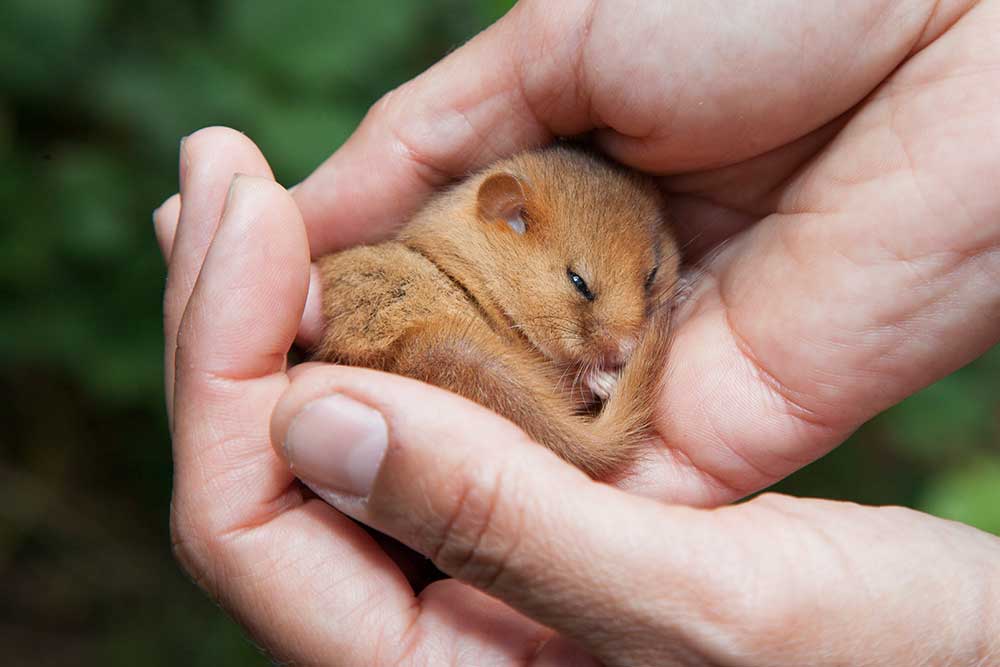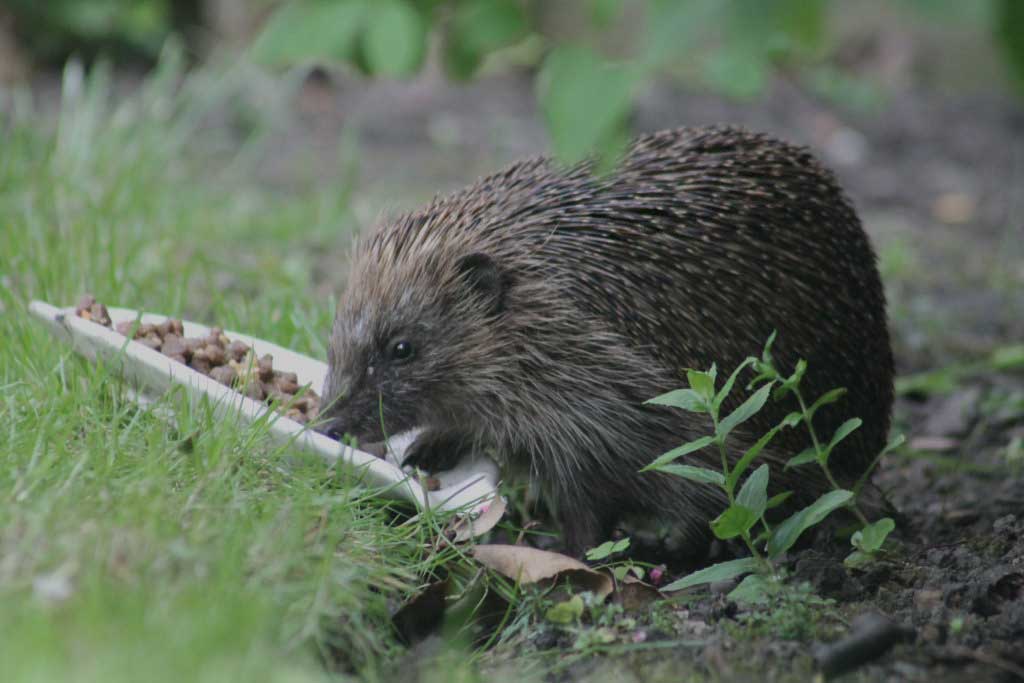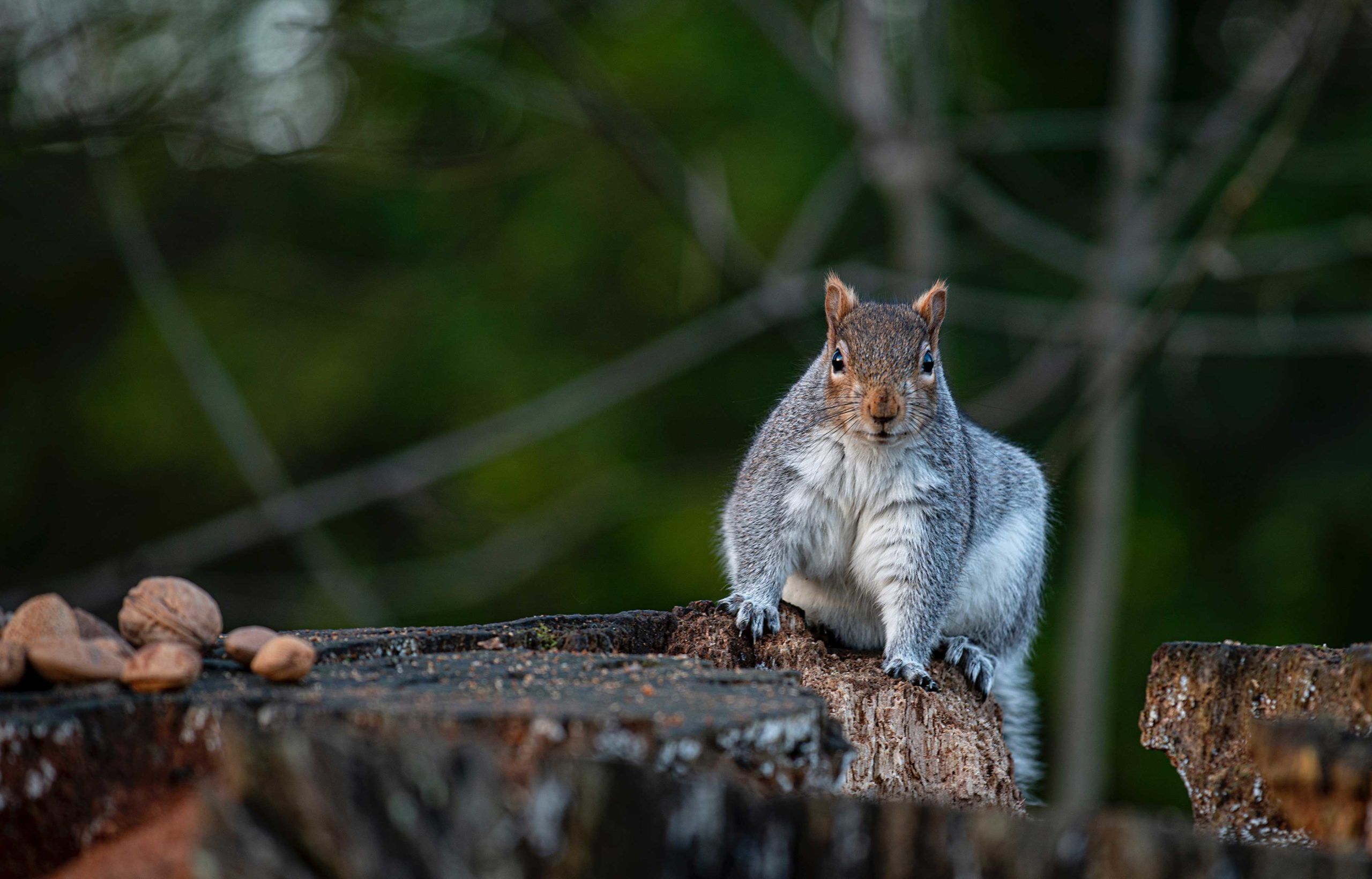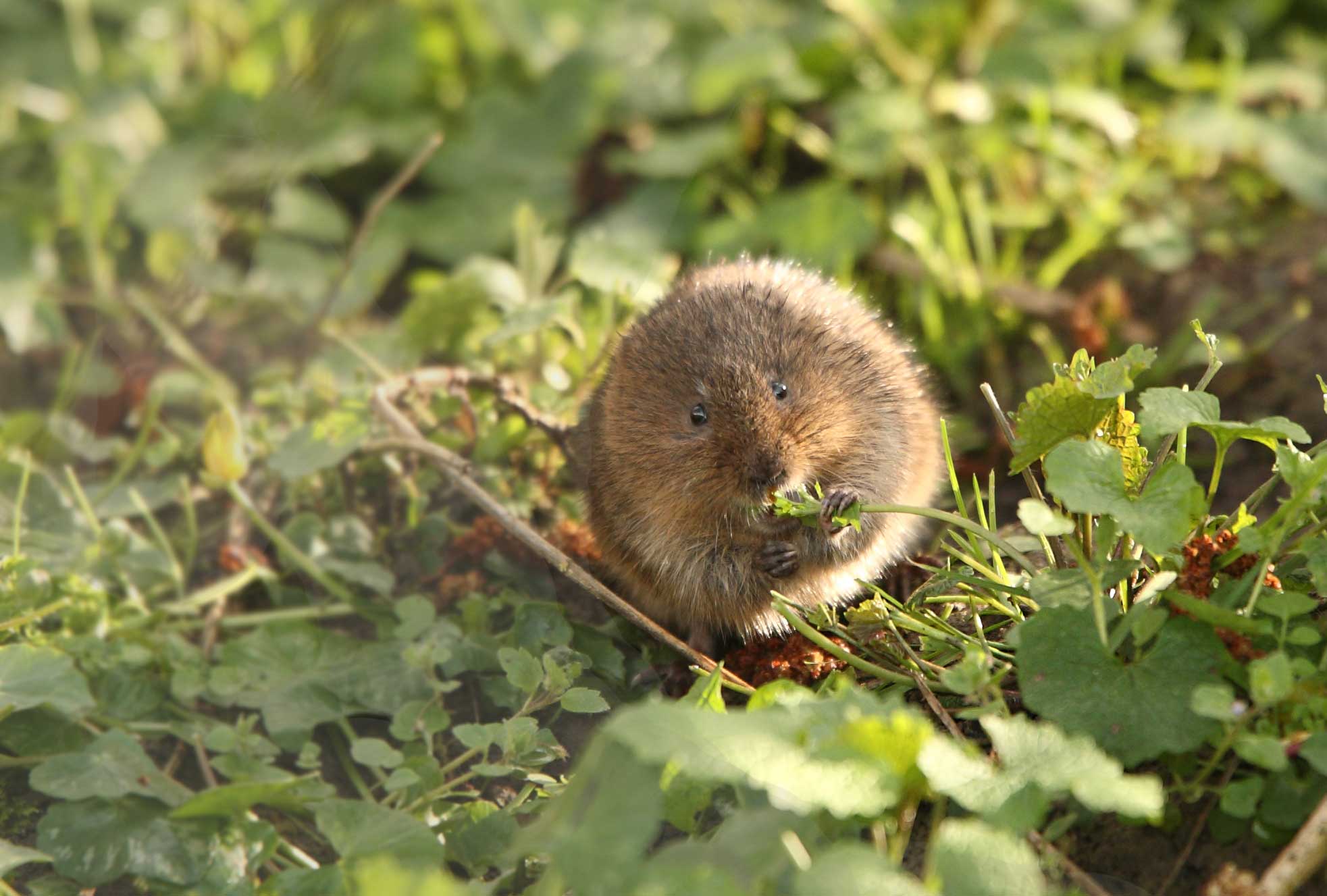Guest author, Anna Shaw, looks at the importance of insects in the diets of mammals, and what we can do to stock up our garden larder. Insects make up a lesser or greater part of the diets of many British mammals. Badgers, hedgehogs, shrews and some voles and mice, for example, consume insects as part …
Read article...Research shows brown hares are predicted to take over mountain hare habitat as temperatures rise Climate change is putting the future of our Peak District mountain hares at risk. This important but alarming research has been carried out by Carlos Bedson, at Manchester Metropolitan University, with support from PTES. The Peak District’s altitude and colder …
Read article...Neighbours, however good, don’t always rub along smoothly and sometimes the attentions of our wild ones can be unwanted. But lethal pest-control methods are often indiscriminate and don’t necessarily solve the problem. Kevin Newell, from Humane Wildlife Solutions, looks at the more humane and ecologically-minded alternative to discourage rats in your garden. Sadly, when someone …
Read article...Free advice about how to apply the hedgerow lifecycle to healthy hedge management Today, wildlife charity People’s Trust for Endangered Species (PTES) launches a brand-new ‘Healthy Hedgerows’ app, aimed at farmers and land managers that want to make – or adjust – their hedgerow management plans to grow the healthiest of hedges. Designed for farmers, …
Read article...Dormice reintroduction June 2021 We were delighted to team up with various partners to release the 1000th hazel dormouse in Lancashire last week. Thirty animals were released into a woodland in the Arnside and Silverdale Area of Outstanding Natural Beauty (a nationally protected landscape covering parts of north Lancashire and south Cumbria). Reintroductions are crucial …
Read article...Along with our partners at Natural England, PTES collate records from over 400 dormouse monitoring sites across the UK. The NDMP now has hundreds of trained monitors regularly checking dormouse boxes throughout the year. We’re extremely grateful to all our dormouse monitors for their great contribution to dormouse conservation. How long have you been monitoring for? …
Read article...New ‘Map your log pile’ survey launched by wildlife charity this June. This June, and to time with National Insect Week (which starts today), wildlife charity People’s Trust for Endangered Species (PTES) has launched a brand-new garden survey, ‘Map your log pile’, to help save endangered stag beetles and other wildlife. PTES is asking anyone …
Read article...Conservation milestone reached as 30 hazel dormice are released into Lancashire as part of national reintroduction programme and local ‘Back on our Map’ species recovery efforts. This week, the 1,000th hazel dormouse (Muscardinus avellanarius) will be reintroduced to the UK by wildlife charity People’s Trust for Endangered Species (PTES), Natural England and the University of …
Read article...We know very little about hibernation in those British mammals that use this strategy to survive winter periods when food is scarce. It’s possibly a vulnerable time for these animals. Both hedgehogs and hazel dormice hibernate on the ground. This helps them keep their temperatures and humidity levels relatively stable. However, we do know that …
Read article...Public urged to build on positive relationship with nature during Covid lockdowns. For the first time, wildlife charity People’s Trust for Endangered Species (PTES) is running its Living with Mammals survey throughout all of 2021, starting this week. PTES saw record-breaking numbers of volunteers taking part last year, thanks to more people being at home …
Read article...Wildlife charity People’s Trust for Endangered Species (PTES) is calling for volunteers across England, Scotland and Wales to search for sightings and signs of water voles along local riverbanks, canals and other inland waterways, from the 15th April – 15th June 2021 Wildlife charity People’s Trust for Endangered Species (PTES) is calling for volunteers across …
Read article...Britain’s water voles are in trouble. The arrival of non-native American mink and loss of suitable habitat have led to them becoming one of our fastest declining mammals. The key to halting the decline and conserving this species is understanding where water voles currently are, where they are doing well, and crucially, where they have …
Read article...Press and media
For all media enquiries please contact Jane Bevan or Adela Cragg at Firebird Public Relations on 01235 835297 or email ac@firebirdpr.co.uk.

